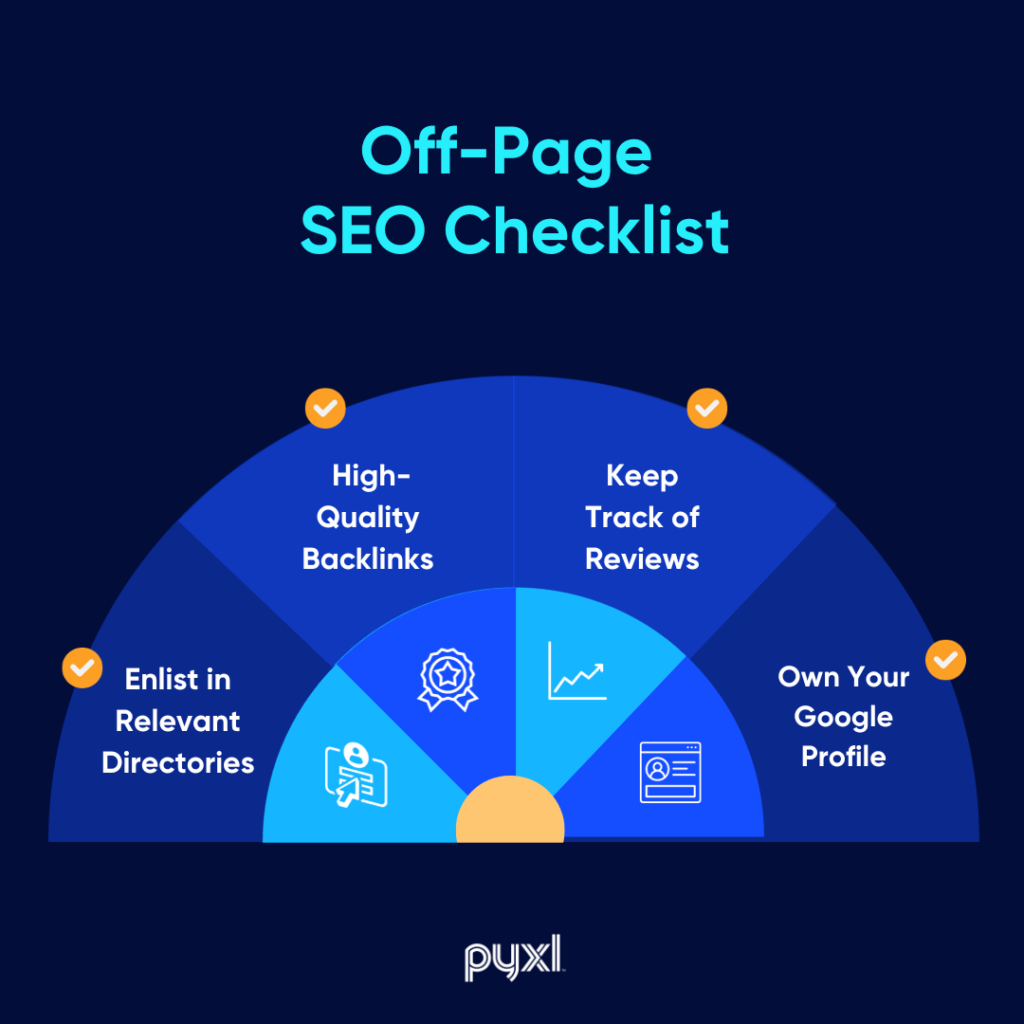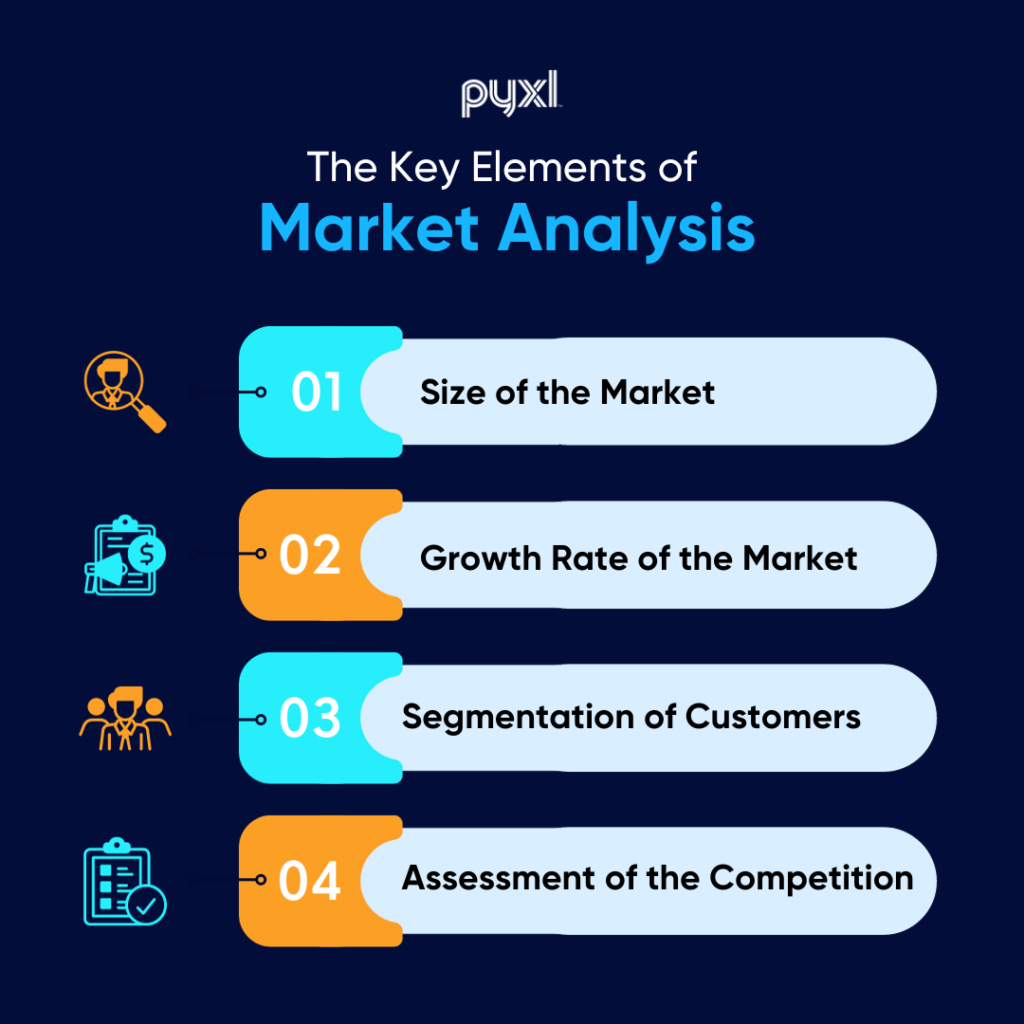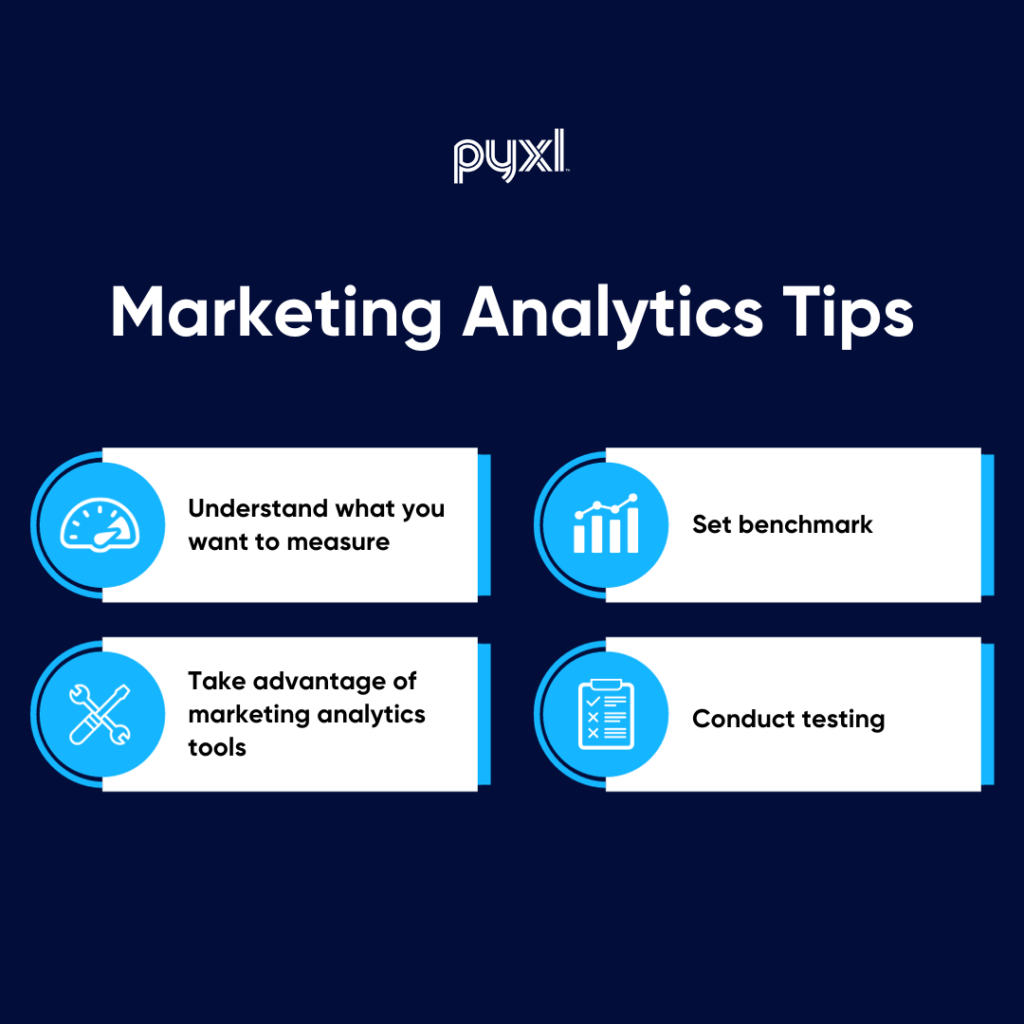20.8% of all retail purchases were projected to occur online in 2023, with that number expected to grow in 2024. As traditional retail frameworks evolve, does your eCommerce growth strategies hold the agility and foresight to capitalize on this transformative moment?
Let’s dive into creating an eCommerce growth strategy that is not just reactive, but visionary.
Importance of an ecommerce growth strategy
Robust ecommerce growth strategies are essential—they are your roadmap. It guides you to understand evolving consumer behaviors, ensures consistent growth and profitability, and positions your business to stay ahead long-term.
An eCommerce growth strategy equips you to:
- Engage both new and loyal customers effectively.
- Amplify sales through precision-driven marketing tactics.
- Streamline operations, cutting costs via intelligent automation.
- Realize tangible returns by implementing strategic actions.
- Pinpoint and address inefficiencies within the sales funnel.
- Monitor key performance indicators and adjust when off-target.
- Stay committed and aligned with the core objectives of your venture.
4 Reasons To Update Your Ecommerce Growth Strategy
1. Rapid Technological Advancements:
The ceaseless development of technology mandates a perpetual evolution of strategies to leverage new tools and platforms effectively. With technology evolving at a breakneck pace, the ecommerce landscape sees frequent introductions of new tools, platforms, and integrations. Businesses must continuously assess their strategies to make the most of these resources.
2. Changing Consumer Behavior
Consumers expect seamless digital interactions over traditional methods of shopping.
As more consumers rely on online reviews, influencer recommendations, and personalized shopping experiences, businesses must refine their strategies to align with these nuanced expectations.
3. Increasing Market Competition
As barriers to entry lower, the ecommerce market sees a surge in new entrants, making it more challenging for established players to retain their market share.
Merely offering a product isn’t enough. Brands must consistently innovate in terms of product offerings, marketing techniques, and user experience to stand out in a crowded marketplace.
4. Global Market Accessibility
With 57% of online shoppers reporting that they shop internationally, it’s evident that the internet has dissolved traditional geographical barriers. This vast reach offers access to a diverse clientele, but also necessitates adaptations to cater to varying tastes, cultural nuances, and purchasing behaviors.
Tapping into the global market, while lucrative, poses challenges. These span from compliance with international regulations to orchestrating logistics for cross-border deliveries.
By carefully crafting and strategically implementing the right strategies, businesses can quickly turn potential into exponential growth.
Top 10 ecommerce growth strategies
While these factors underscore the urgency to refine and redefine your eCommerce growth strategies, understanding them is only half the battle. The real competitive edge lies in harnessing actionable strategies that directly address these challenges.
1. Optimize Your Website
Design
Elevate your website’s design with intuitive layouts, captivating visuals, and clear CTAs. Regularly test and refine UI/UX elements to ensure user satisfaction.
SEO
Go beyond traditional keyword strategies. Incorporate long-tail keywords, focus on generative engine optimization, and consider local SEO to reach niche segments.

Implement a Chatbot
Choose chatbots that integrate AI capabilities. This offers users more than just FAQs – it can predict the user’s needs and guide them to a purchase.
2. Create Engaging Content
Develop content that resonates with your audience, providing value, establishing authority, and enhancing brand recognition. Craft blog posts, videos, and infographics that solve specific problems or educate your audience, building brand loyalty.
Define Your Target Market:
Utilize tools like Google Analytics and consumer surveys to refine your understanding of your audience’s preferences and behaviors.

Analyze Competitors
Subscribe to competitor newsletters, use tools like SEMrush or Ahrefs for strategic insights, and even consider mystery shopping.
Draw from Your Experience:
Regularly review past campaigns. What worked? What didn’t? Adjust accordingly.
3. Personalize Customer Journey
Implement tools that track user behavior on your site. Use this data to suggest products, offer discounts, or even customize the browsing experience in real-time.
4. Embrace Omnichannel Commerce
Ensure that the user experience on mobile, desktop, and in-app is not only consistent but interconnected. Utilize platforms like Shopify or Magento that support omnichannel integrations.
5. Leverage Advanced Data Analytics
Consider tools like Google Data Studio or Tableau to visualize and interpret your data. Understand your sales funnels, high-performing products, and customer drop-off points.

6. Consider Open-Source Solutions
Platforms like WooCommerce offer extensive customization, with vast libraries of plugins to suit specific needs, often at a fraction of the cost.
7. Refine and Strengthen Your Social Media and Email Marketing Strategy
Different platforms cater to different audiences. Your strategy on TikTok will differ from LinkedIn. Craft your content accordingly. Host Q&As, go live, or even collaborate with influencers to curate UGC that resonates with your brand.
Additionally, you can segment your email list. Personalize emails based on user behaviors and/or demographics. Tools like HubSpot or Klaviyo offer automation for such targeted campaigns.
8. Utilize AI
Artificial intelligence is transforming e-commerce by making every part of the experience smarter. From tailoring product recommendations to streamlining operations and inventory, it helps you deliver personalization at scale and efficiency behind the scenes.
Instead of relying on guesswork, AI empowers your team with data-driven strategy, helping customers find exactly what they need while you run a smoother, more effective business.
9. Mobile Friendliness
Ensure your site scales and functions seamlessly on various devices.
With 91% making online purchases via smartphones, consider features like one-click checkouts or multiple payment options, including digital wallets.
10. Streamline Checkout
Integrate trusted payment gateways, offer guest checkouts, and visibly display security badges to instill trust. Test for any hiccups in the checkout process and rectify them promptly.
By implementing these refined strategies, businesses can not only navigate the digital marketplace effectively but truly stand out and create lasting impressions with their audience.
Key takeaways
A robust ecommerce growth strategy seamlessly marries technology with insights into consumer behavior and market dynamics. From the foundational touch of an optimized website to the nuanced art of a personalized customer journey, each element is geared towards driving impactful growth and solidifying market presence.
As the online world continues to mature, so too will the complexities and intricacies of fostering meaningful connections with consumers. The dynamism of the digital landscape demands not just knowledge but foresight, an understanding that goes beyond algorithms and taps into the very fabric of evolving consumer desires.
Ready to elevate your eCommerce business? Leveraging the expertise of an agency deeply versed in eCommerce growth can be the difference between mere existence and standout success. Dive into the digital future with us. Contact us today!
Updated: Sep 03, 2025
 Taylor Farace
Taylor Farace Kati Terzinski
Kati Terzinski Erin Murray
Erin Murray